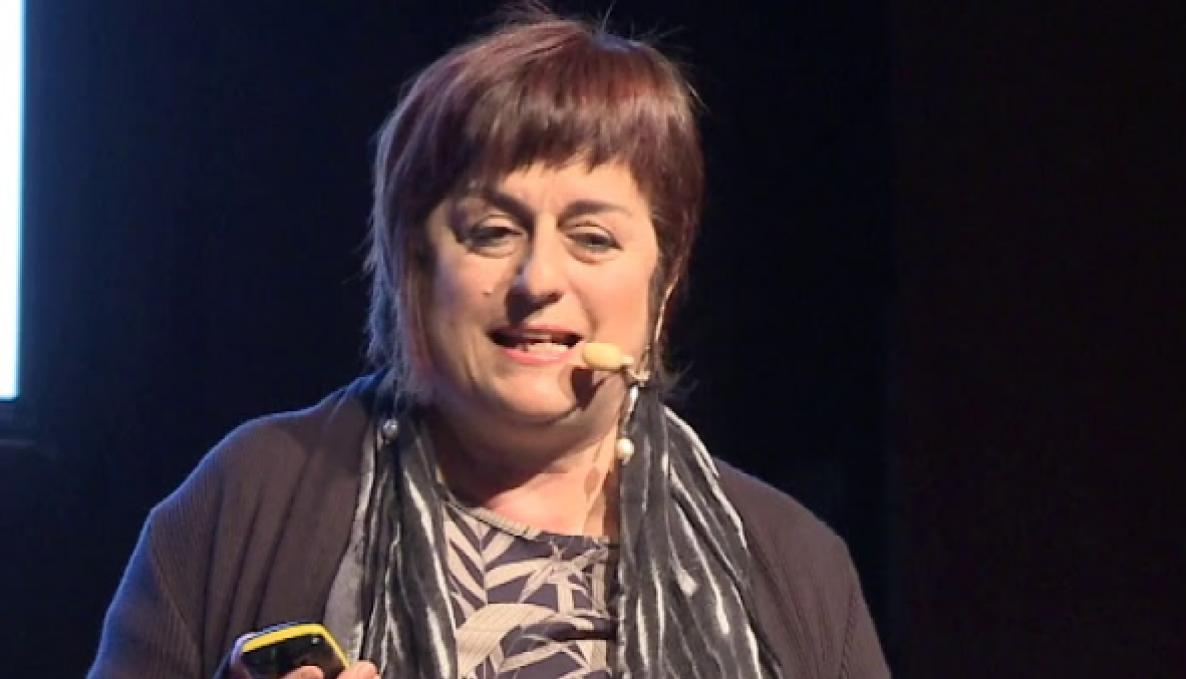Covid-19 exacerbates gender inequalities: domestic violence and patriarchal structures expose the cracks in our sociocultural system. Sant’Anna School Professor of Political Philosophy Barbara Henry shares her views on the "European Law and Gender” blog

Covid-19, gender-based violence and patriarchal structures are different but intersectional forms of inequalities that remain to be addressed. Barbara Henry, professor of Political Philosophy at Sant’Anna School Dirpolis (Law, Politics and Development) Institute, posted her thoughts “Amplificazione sotterranea della violenza di genere. Alcune conseguenze del Covid-19 sul sistema patriarcale (The Hidden Amplification of Gender-based Violence. The Impact of Covid-19 Pandemic on the Patriarchal System)” under the framework of the EU-funded ELaN action (addressing the topic of the law of gender relations within the European legal order) “European Law and Gender” blog coordinated by Elettra Stradella, a former student of Sant’Anna School and currently a professor of Comparative Public Law at the University of Pisa.
The purpose of the blog “European Law and Gender” coordinated by Elettra Stradella was to gain opinions, reviews and feedback to understand the link between the #StayAtHome policy, domestic violence and traditional female jobs.
Professor Barbara Henry investigates the “cracks of our sociocultural system”. She highlights the various forms of inequality, in Italy and at the European level, including domestic violence and patriarchy which add to the economic impact of COVID-19 health emergency. Isolation and confinement foster the tension as women’s work and (abusive) partners’ violent behavior have heavily increased under the lockdown. “We know violence transcends any cultural and socio-economic circumstances as endemic part of our social structure – says Barbara Henry – The Covid-19 pandemic may lead to additional forms of abuse because women have no place to escape to, cannot seek support or call the police.”
Barbara Henry noted that: “The current circumstances make domestic homicide reporting even harder. It seems that the murder in Messina area is linked to the Covid-19 crisis. In these atypical circumstances, the media’s focus on domestic violence cannot guarantee that victims will be protected during the coronavirus pandemic and no authority is powerful enough to keep them safe. In fact, there is less access to external resources during the lockdown for women who face domestic violence, and the recent media spotlight on murder allegations has pointed out that gender violence has a significant impact upon productivity and society. It is a pernicious problem that undermine women’s wellbeing, and their ability to participate in the recovery of our societies and economy.”
Professor Henry emphasizes that “Women are at risk of experiencing abuse because of the lockdown. They are forced to stay at home, they do not go out to work, and they are exposed to constant criticism or intimidation especially when facing the stress from businesses and schools closing, with no access to technology tools or the internet. So, due to the restrictions and stay home orders, victims are unable to leave their homes to find safety. We need to realize that women are not safe in their houses and we need to expand helplines, social support and police services”.



